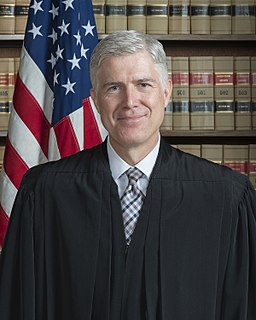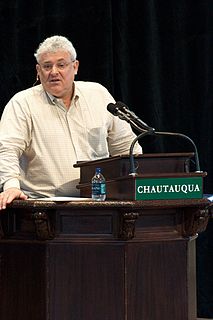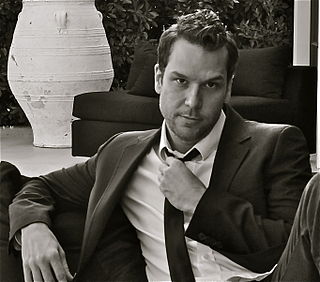A Quote by John Rawls
What's important is that people give the kinds of reasons that can be understood and appraised apart from their particular comprehensive doctrines: for example, that they argue against physician-assisted suicide not just by speculating about God's wrath or the afterlife, but by talking about what they see as assisted suicide's potential injustices.
Related Quotes
Any comprehensive doctrine, religious or secular, can be introduced into any political argument at any time, but I argue that people who do this should also present what they believe are public reasons for their argument. So their opinion is no longer just that of one particular party, but an opinion that all members of a society might reasonably agree to, not necessarily that they would agree to. What's important is that people give the kinds of reasons that can be understood and appraised apart from their particular comprehensive doctrines.
First of all, in principle, I'm against physician-assisted suicide, and secondly, I believe it is the prerogative of the federal government to control drug rules. And the idea of using a controlled substance to end somebody's life is something I don't agree with. I can see the idea of using controlled substances to ease somebody's pain. That makes sense.
By establishing a social policy that keeps physician-assisted suicide and euthanasia illegal but recognizes exceptions, we would adopt the correct moral view: the onus of proving that everything had been tried and that the motivation and rationale were convincing would rest on those who wanted to end a life.
...we ask: Why suicide? We search for reasons, causes, and so on.... We follow the course of the life he has now so suddenly terminated as far back as we can. For days we are preoccupied with the question: Why suicide? We recollect details. And yet we must say that everything in the suicide's life- for now we know that all his life he was a suicide, led a suicide's existence- is part of the cause, the reason, for his suicide.
As believers, how can we fail to see that abortion, euthanasia and assisted suicide are a terrible rejection of God's gift of life and love? And as believers, how can we fail to feel the duty to surround the sick and those in distress with the warmth of our affection and the support that will help them always to embrace life?
I can't relate to the idea of suicide. I guess I'm just one of those people that is always optimistic and upbeat. But one day, I sat down. I said 'You know what? Just to kind of purge myself, I want to see what its like to feel that low'. So I decided to write a suicide note. Yeah, just to kinda flush it out there and put it on a page. And I started to do this, and I had an epiphany. I'll share this with you: a suicide note that is written by somebody that is not suicidal is called an autobiography. I am on Chapter 58.





























